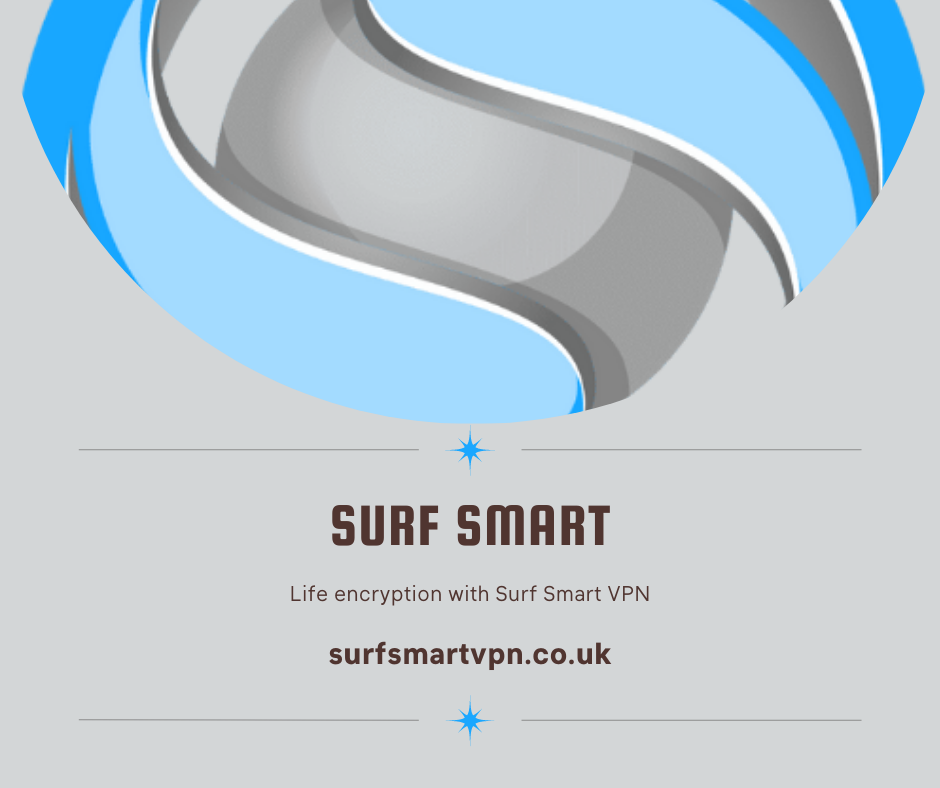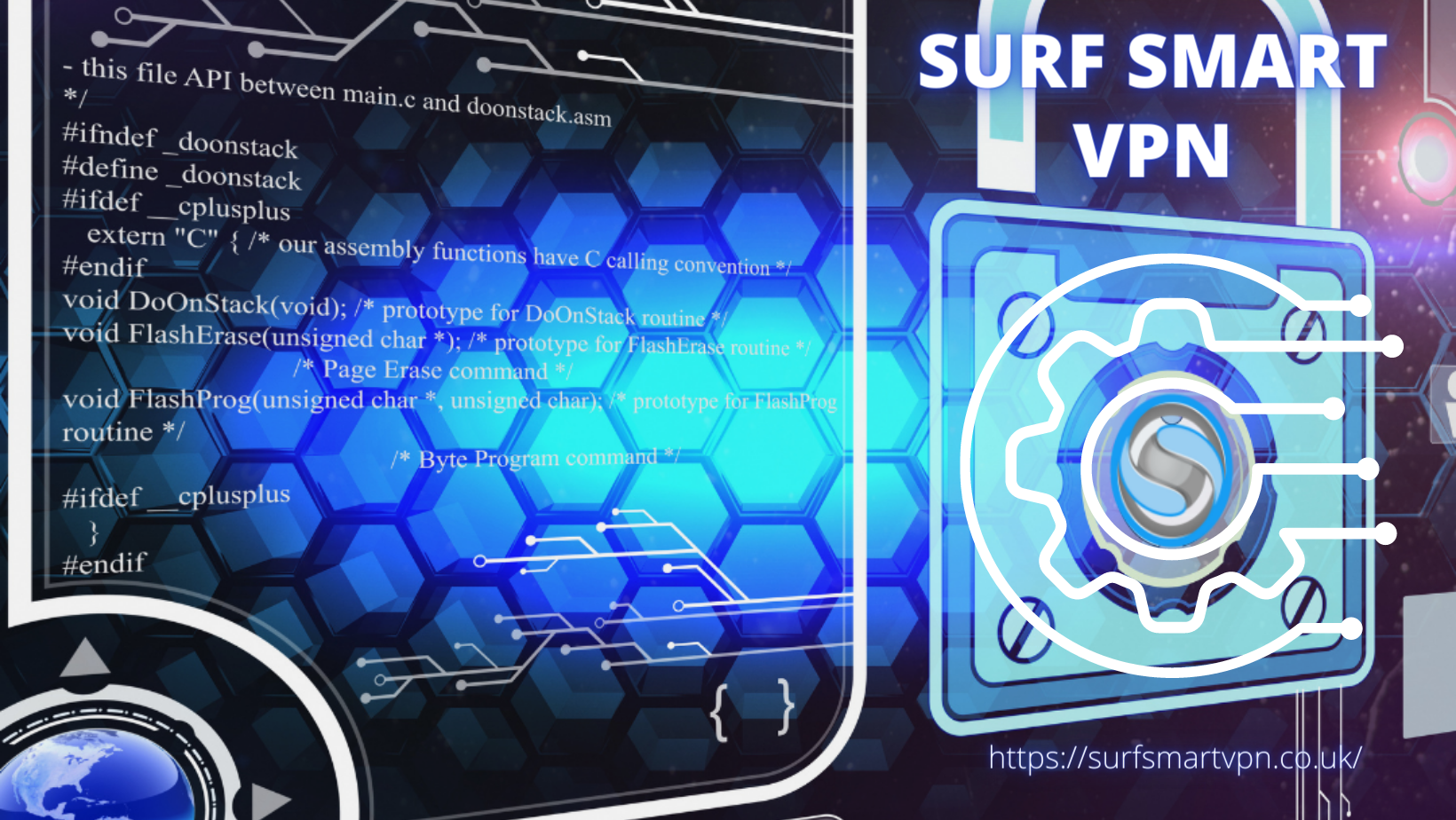In our modern, interconnected world, public Wi-Fi has become a staple of daily life. Coffee shops, airports, and hotels offer internet access that facilitates communication and productivity on the go. However, this convenience comes with significant risks. Cybercriminals often lurk on public networks, eager to exploit vulnerabilities in your devices and data. In this article, we will explore whether using a Virtual Private Network (VPN) can enhance your safety while connected to public Wi-Fi.
Understanding Public Wi-Fi Risks
Public Wi-Fi networks are inherently less secure than private ones. These networks are open for anyone to connect, which makes it easy for hackers to intercept data being transmitted over the network. This interception can take many forms:
1. Data Interception: The Dangers that Lurk
When you connect to an unsecured network, your data packets can be captured by malicious users. They can potentially see everything you do online—be it logging into bank accounts or accessing sensitive information.
2. Man-in-the-Middle Attacks
This technique involves a hacker positioning themselves between you and the connection point (like a router). They can intercept and manipulate your communications without either party knowing.
3. Rogue Hotspots
Cybercriminals can set up fake hotspots that appear legitimate but are designed to steal information from unsuspecting users who connect to them.
The Role of VPNs in Enhancing Security
A Virtual Private Network (VPN) creates a secure tunnel between your device and the internet, encrypting your data along the way. Let's delve deeper into how this technology functions and why it is essential for maintaining security on public networks.
1. What Is a VPN?
A VPN stands for Virtual Private Network and is designed to provide privacy and security online by routing your internet connection through a server owned by the VPN provider.
Benefits of Using a VPN
- Encryption: A VPN encrypts your internet traffic, making it difficult for outsiders to decipher. IP Address Masking: By masking your IP address with that of the VPN server's address, you maintain anonymity online. Access Restrictions: A VPN allows you to bypass geographical restrictions imposed by websites or streaming services.
2. How Does a VPN Work?
When you activate a VPN connection:
- Your device communicates with the VPN server using an encrypted protocol. All outgoing data is encrypted before leaving your device. The data travels through the secure tunnel created by the VPN until it reaches its destination.
Is It Safe to Use Public Wi-Fi with a VPN?
Yes, using public Wi-Fi with a VPN significantly enhances your security compared to connecting without one. The use of encryption protects against various types of attacks mentioned earlier.
Why You Should Consider Using a VPN on Public Networks
Here’s why utilizing a VPN when accessing public Wi-Fi is crucial:
- It mitigates risks associated with unsecured connections. Protects sensitive transactions like online banking or shopping from prying eyes. Ensures anonymity while browsing—your ISP cannot see what you're doing online.
Advantages of Using Public Wi-Fi with a VPN
Using public Wi-Fi in combination with a reliable VPN service offers numerous advantages:
1. Improved Privacy
VPNs keep your browsing habits private from ISPs and other third parties.

2. Secure Data Transfers
Transmitting sensitive information becomes safer as encryption makes it challenging for attackers to gain access.
3. Overcoming Geographical Restrictions
A good quality VPN provides access to content restricted in certain regions—perfect when traveling abroad!

Disadvantages of Using Public Wi-Fi with a VPN
While there are numerous benefits, some drawbacks exist as well:
1. Reduced Speed
Some users may experience slower internet speeds due to encryption processes involved in using a VPN.
2. Compatibility Issues
Not all websites allow traffic coming from known IP addresses used by popular free or paid VPNs.
Best Practices for Using Public Wi-Fi Safely with a VPN
To maximize safety while using public Wi-Fi alongside a VPN, consider these best practices:

1. Choose Reputable Providers
Not all VPN services offer equal protection; select one known for its strong encryption protocols and no-log policies.
2. Enable Kill Switch Features
A kill switch automatically disconnects your internet if the connection drops, preventing unprotected exposure of data.
3. Regularly Update Software
Keep both your device's operating system and the chosen VPN application updated for optimal security patches.
Comparing Different Types of VPNS
Not all VPNS provide equal levels of service; therefore understanding their differences is vital:
| Type | Description | |---------------------|-----------------------------------------------------------------------------------------------------------------------------------------------| | Remote Access | Allows users to connect securely over long distances via the internet; ideal for individual use at home or on-the-go! | | Site-to-Site | Used primarily by businesses where multiple locations need secure connectivity; links multiple office networks through encrypted connections! | | Personal | Tailored towards individual users looking for privacy while surfing; often includes user-friendly interfaces! |
How Can I Change My Vpn Location Free?
Changing location within your chosen virtual private network typically involves simple steps:
Open the application interface. Select 'Change Location' or 'Server Selection.' Choose from available server addresses based upon desired location preferences!FAQ Section
Q1: Do I need a vpn when using public WiFi?
Yes! A good quality vpn provides an additional layer of security against snoopers and cybercriminals lurking on public networks.
Q2: How much does it cost for vpn services?
The cost varies widely depending on features provided—most premium vpns have monthly pricing ranging from $5-$15 per month!
Q3: Does vpn hide search history?
While vpns obscure browsing activity from ISPs & potential hackers; they don’t guarantee complete anonymity against websites visited unless paired with additional privacy tools!
Q4: Are vpns illegal in UK?
No! Using vpns is completely legal within United Kingdom territory; however certain activities conducted under their disguise might not comply with local laws!
Q5: What’s better—a free vpn or paid one?
Paid versions usually offer superior privacy measures versus free alternatives which tend towards limited capabilities & potential data selling practices!
Q6: Can I connect multiple devices via one vpn subscription?
Most reputable providers allow connections across several devices simultaneously—but read specific terms beforehand since limits vary per service!
Conclusion
In summary, connecting to public Wi-Fi poses certain risks that should not be ignored in today’s digital landscape filled with threats from cybercriminals seeking personal information vulnerability exploitation opportunities! Utilizing an effective Virtual Private Network (VPN) significantly enhances safety while enjoying convenience offered by these networks without compromising sensitive data integrity—making it clear why asking “Is It Safe to Use Public Wi-Fi with a VPN?” warrants affirmative confirmation!
Whether you're accessing social media during lunch breaks or conducting business transactions while traveling abroad—the proper measures ensure peace-of-mind knowing those pesky hackers won’t get anywhere near your valuable info! Always remember though—staying informed about potential pitfalls along every https://surfsmartvpn.co.uk/what-is-a-vpn/ step helps maintain optimal cybersecurity standards moving forward!